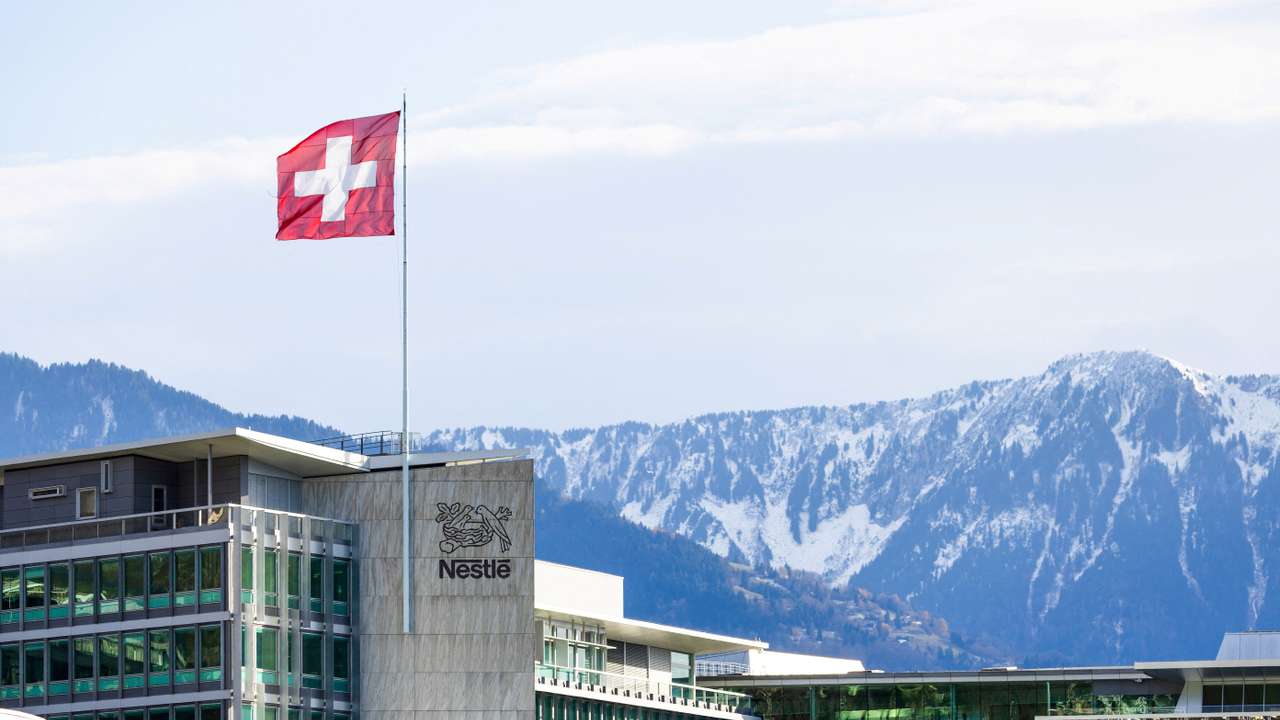Nestle baby food across Africa loaded with sugar despite zero in Europe, investigation finds

Nestlé continues to add sugar to infant cereals across Africa, a practice criticised as an unacceptable “double standard” compared to its products sold in Europe, a new investigation by Public Eye has revealed.
According to the investigation, which was published on November 18, 2025, the Swiss multinational corporation adds substantial amounts of sugar to its well-known Cerelac cereal, which is sold throughout Africa. This goes against the World Health Organisation's (WHO) recommendations that foods for children under three should contain "no added sugars or sweetening agents."
The report focused on Africa, a critical market where Nestlé holds a market share exceeding 50% and where annual Cerelac sales surpass USD 250 million.
With the assistance of various civil society organisations in Africa, Public Eye collected and analysed nearly a hundred Cerelac products sold in 20 countries on the continent. Analysis conducted by Inovalys, a specialised agri-food laboratory, found that more than 90% of the products contained added sugar, often in high quantities.
The findings show that Cerelac products sold in Africa contain significantly more sugar than those sold elsewhere:
- On average, each analysed serving of Cerelac contained nearly six grams of added sugar, which is equivalent to about one and a half sugar cubes.
- This average is 50% higher than the average detected in Public Eye’s first investigation (which focused mainly on Asia and Latin America) and twice the amount found in India, the main global market for Cerelac.
- The highest quantity detected was 7.5 grams per serving—almost two sugar cubes—found in a Cerelac product sold in Kenya intended for six-month-old babies.
In contrast, in Switzerland, where Nestlé is headquartered, the main baby cereal brand contains zero added sugar. Similarly, in key European markets such as Germany and the United Kingdom, all Cerelac products targeted at babies six months and older have no added sugar.
Experts and advocates warn that the practice carries serious public health consequences on a continent where obesity is rapidly increasing.
In 2019, 24% of the world's overweight children under the age of five lived in Africa.
Previously thought to be a problem in high-income countries, overweight is becoming more common in low- and middle-income countries; in Africa, the number of overweight children under the age of five has increased by nearly 12.1% since 2000.
WHO has long cautioned that early exposure to sugar can create a lasting preference for sugary products, serving as a major risk factor for overweight and obesity.
The report also highlighted a lack of transparency, noting that for about two-thirds of the analysed products, the amount of added sugar was not disclosed in the nutritional information on the packaging, which critics argue “undermines consumer rights and public health”.
While Nestlé promotes Cerelac as being fortified with vitamins and minerals to "help fight malnutrition".
Nestlé maintained that it has a "consistent approach to nutrition for all babies everywhere" when contacted by Public Eye. The company asserted that it fully complies with national legislations and that its internal guidelines set an added sugar threshold well below that stipulated by the international standard of the UN Codex Alimentarius Commission.
Nestlé also stated that it declares sugar content transparently according to local regulatory requirements: “We do not mislead consumers.”
Nestlé further stated that it has accelerated the global rollout of Cerelac with no added sugar, including in Africa, and aims to introduce variants with no added sugars to all markets where it operates by the end of 2025.
Civil society organisations from Africa are calling on the multinational to immediately comply with the WHO guidelines. In an open letter, 20 organisations across countries, including Nigeria, South Africa, Cameroon, and Tunisia, demanded that the food giant immediately stop adding sugar to its baby foods.
Chiso Ndujkwe-Okafor, Executive Director of the Nigerian Consumer Advocacy and Empowerment Foundation (CADEF), whose country is the largest market for Cerelac in Africa, called on Nestlé to “align with WHO guidelines”.
Advocacy groups warned Nestlé, stating, “All babies have an equal right to healthy nutrition—regardless of their nationality or skin colour. All babies are equal. So do the right thing. The world is watching.”
A previous 2024 petition signed by 105,000 people was delivered to the company, but Nestlé has reportedly been “turning a deaf ear” to the appeal.
This story is written and edited by the Global South World team, you can contact us here.